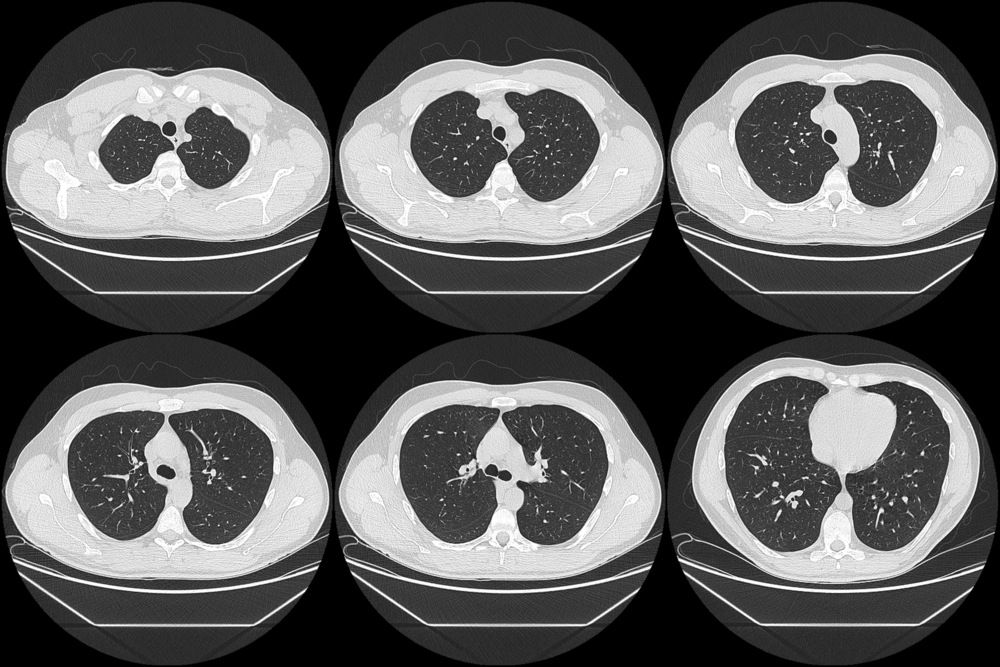OFEV® (Nintedanib) Efficacy Supported in New Study

Boehringer Ingelheim Pharmaceuticals recently presented results of the Phase III INPULSIS trials investigating the efficacy of OFEV® (nintedanib) in patients with idiopathic pulmonary fibrosis (IPF) at the American College of Chest Physicians Annual Meeting (CHEST 2015).
The Phase III INPULSIS trials were randomized, double-blind studies designed to assess both the efficacy and safety of nintedanib (administered at 150 mg, twice a day) in patients with IPF when compared to patients treated with a placebo.
In this new analysis researchers found that treatment with OFEV® (nintedanib) results in a conserved and consistent effect on disease progression (determined by annual rate of forced vital capacity [FVC] decline), including the time of the first exacerbation episode. Notably, the results were independent of the location where the trials occurred, with the same effects being observed in the United States as well as other regions throughout the world.
Dr. John Huggins, Associate Professor Department of Medicine, Medical University of South Carolina commented on the findings in a press release, “In a rare lung disease like IPF, which has unique characteristics and affects people around the world, it is critical to help pulmonologists make informed treatment decisions by understanding the effectiveness of OFEV in these different patient populations. This new analysis showed that OFEV is comparably effective in people with IPF regardless of where they were enrolled in the trial.”
A second analysis revealed that treatment with OFEV® (nintedanib) was efficient in slowing disease progression in IPF patients, even in the presence of vast lung scarring detected in imaging techniques at the time of patient diagnosis.
A third and final analysis showed that the St. George’s Respiratory Questionnaire (SGRQ), originally designed to determine chronic obstructive pulmonary disease (COPD) and asthma patients’ responses to treatment, is also an important tool to determine the health status of patients with IPF.
Danny McBryan, M.D., vice president, Clinical Development and Medical Affairs, Respiratory, Boehringer Ingelheim Pharmaceuticals, Inc. commented on the new findings in a press release, saying, “At Boehringer Ingelheim, we strive to advance the understanding of IPF. Significant achievements have been made in the treatment of IPF, and we are committed to ongoing research that helps healthcare professionals, patients and their caregivers make the best decisions to treat this devastating disease.”






